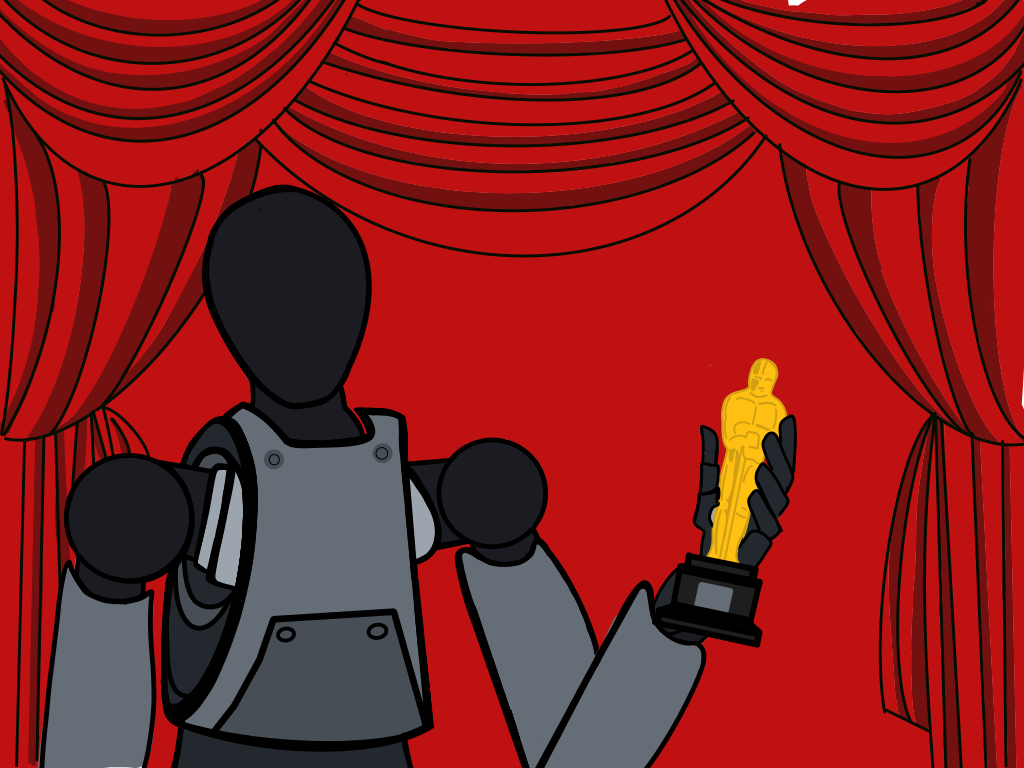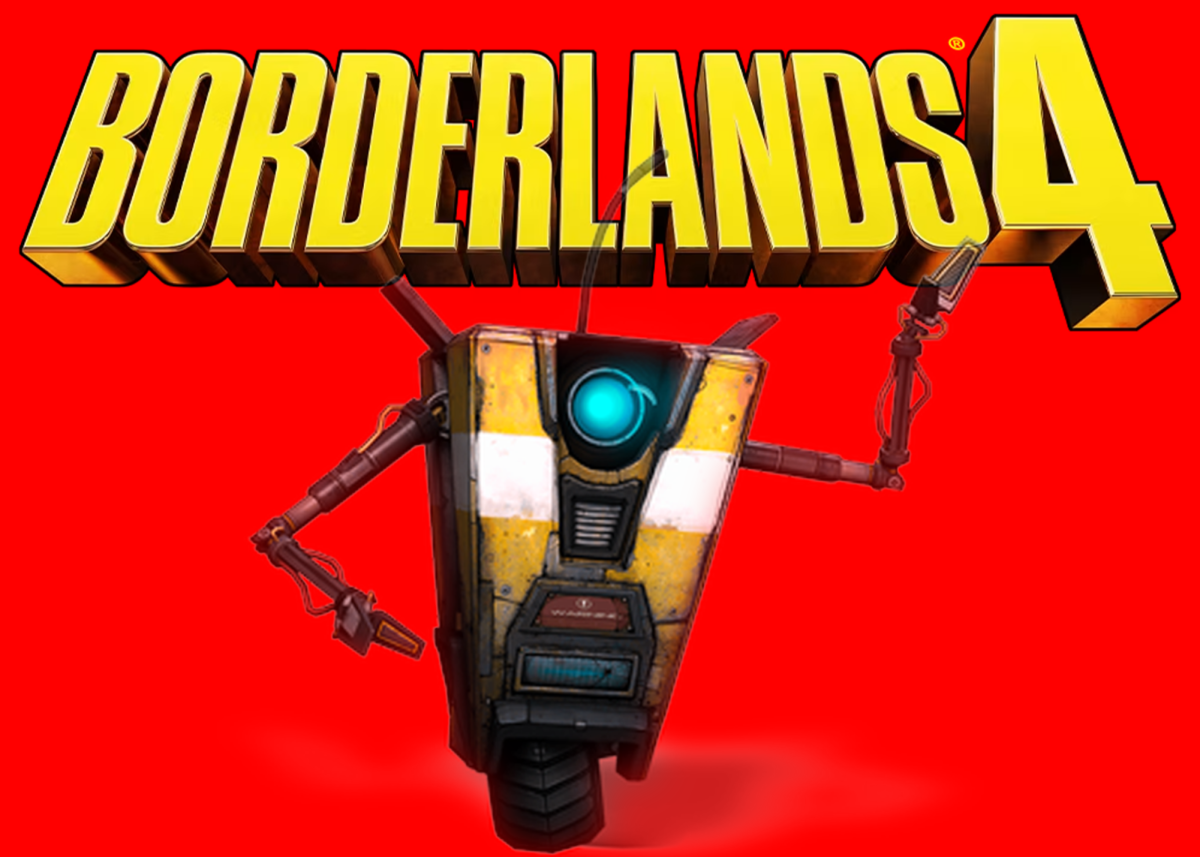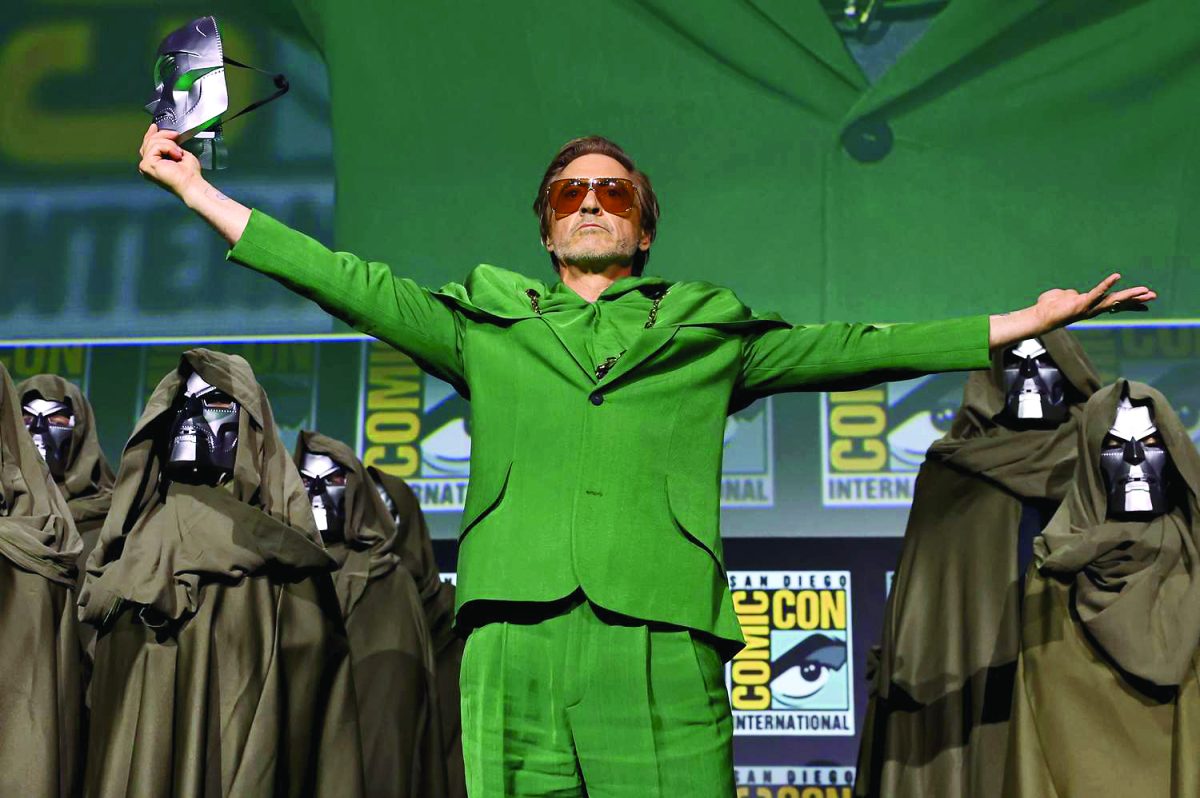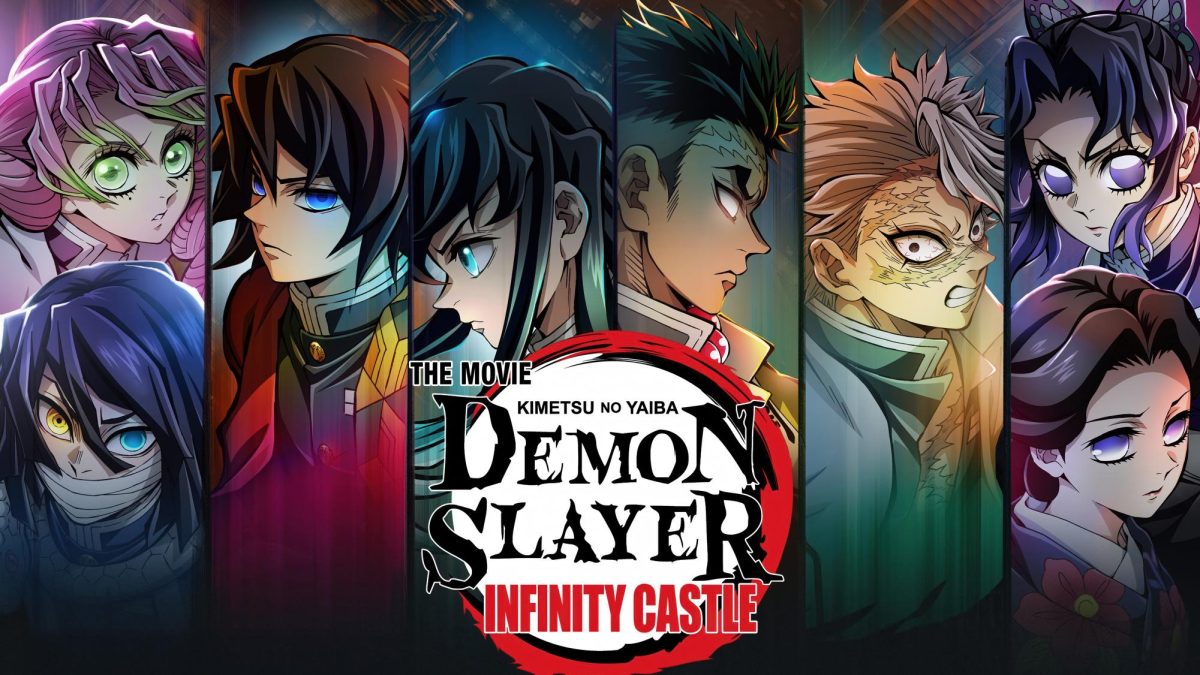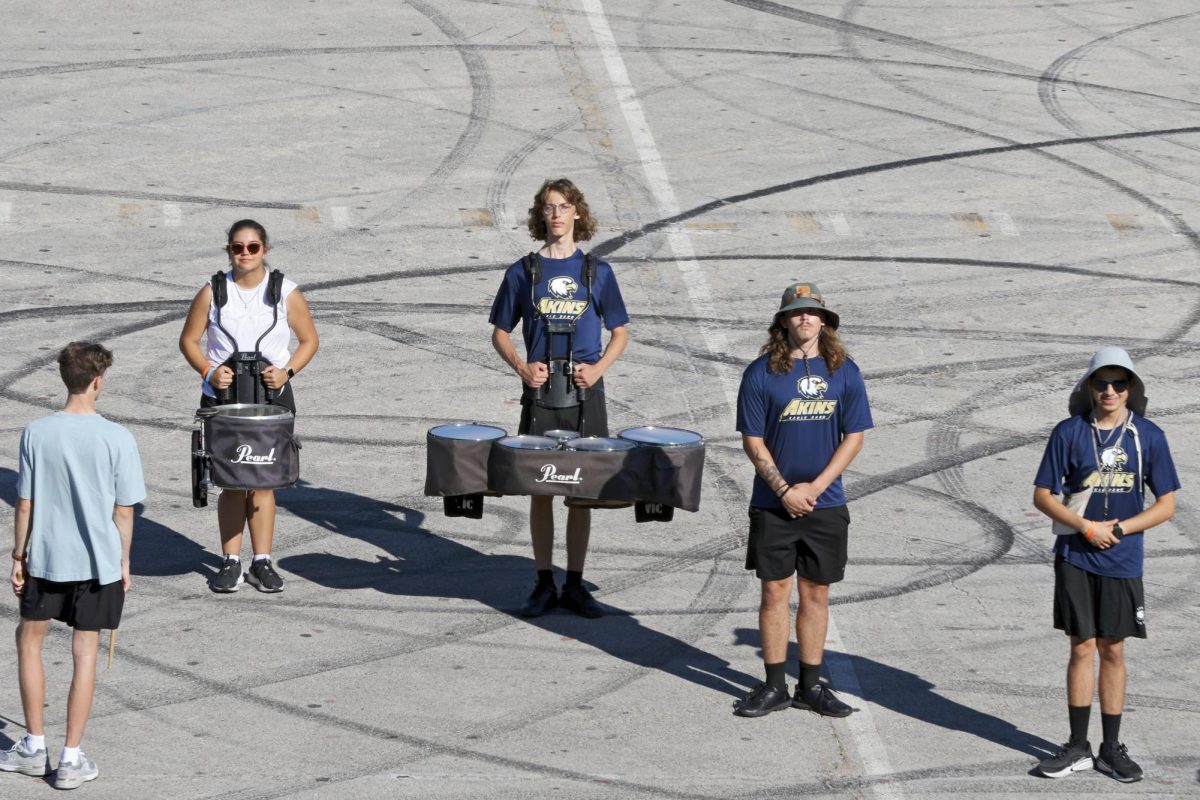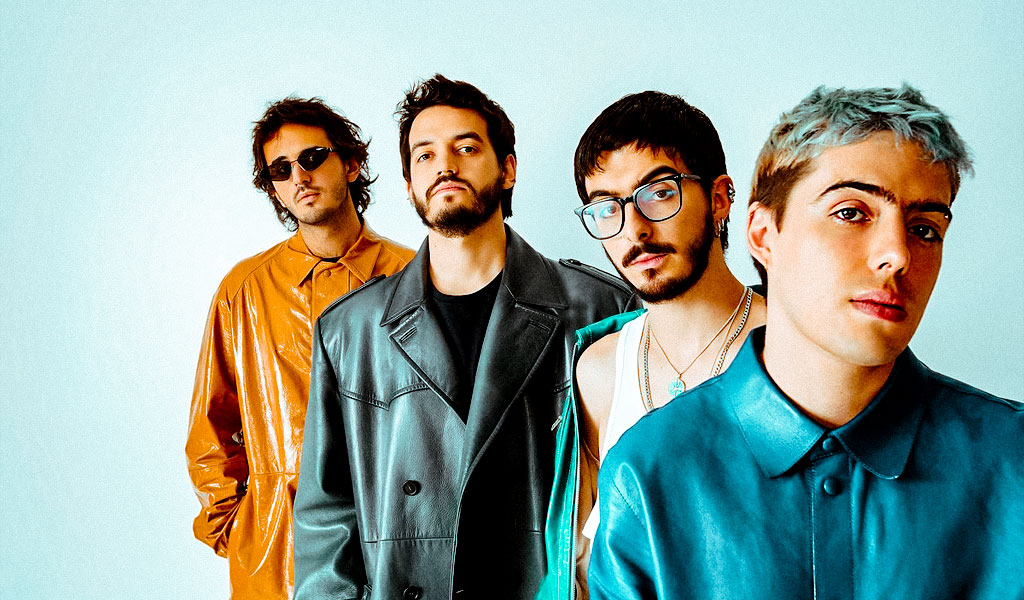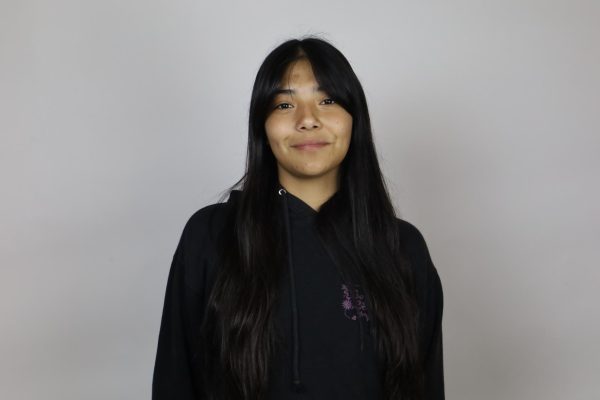Artificial Intelligence, or AI, has become a hot topic these days. The usage of it in Oscar-nominated movies like Brutalist and Emilia Perez, and the recent trend of Studio Ghibli-styled images, and whether that’s a copyright violation or not, had me thinking if, with the new rise of AI, artists’ jobs are at stake.
The recent Studio Ghibli trend has become quite popular. Cute pets, memes, and memorable family moments are now depicted in the legendary hand-drawn style of Hayao Miyazaki, Studio Ghibli’s founder. However, these same trends have raised the concern that ChatGPT tools are being trained to copy certain art styles. According to AP, OpenAI, ChatGPT’s maker, is “fighting copyright lawsuits” thanks to its questionable chatbot.
Amidst these lawsuits, they encourage people to use the Ghibli Style generator tool. Open AI’s CEO, Sam Altman, has changed his X profile into a Ghibli-style version. Altman also said that “signups for ChatGPT hit 1 million in an hour following the launch of the new feature,” as reported by Fortune.
The problem with this trend is an inquiry into whether the AI model was trained on Studio Ghibli’s work. AP added the quote of Josh Weigensberg, who focuses on the litigation of copyright laws, and made the previous inquiry whether the models are trained to copy Miyazaki’s style, also added “[This] raises the question of, ‘Well, do they have a license or permission to do that training or not?” He recalled that if they were using their style without consent or compensation, that could be “problematic.”
Without a doubt, seeing your loved ones portrayed in Ghibli’s style is adorable and heart-warming. However, Miyazaki himself has had strong opinions on AI since its beginning. In 2016, an AI demo was shown to Miyazaki, who later said he was “utterly disgusted” by the display. According to AP, the person displaying the demo said that AI could create movements that humans could not imitate or imagine. They also said that AI could be used for “zombie movements.”
After the display, Miyazaki told the story of a friend with a disability. Miyazaki said that for his friend, it was hard even to do a high five because the muscles in their arm were stiff. He said, “Now thinking of him [his friend], I can’t watch this stuff and find it interesting. Whoever creates this stuff has no idea what real pain is.” He also mentioned that “I would never wish to incorporate this technology into my work at all,” and that it was an “Insult to life itself.”
Miyazaki is not the only one who sees AI as a tool “insulting” to art. Pinocchio’s director, Guillermo del Toro, has said that AI can merely be used to create semi-compelling screensavers, as reported by Forbes. In 2023, del Toro echoed the words of Miyazaki, calling AI-assisted animation an “Insult to life itself.” He has also joined the chorus of artists who argue that generative AI was “trained” on artists’ works without consent.
According to Forbes, Ted Chiang, an American sci-fi writer, underlined that creating work from generative AI is not a conscious process. This means that AI would make the choices in creating the work you prompted it to, that you would otherwise have needed to take. Michael Bay, director of Transformers, also said that AI cannot create; it can just imitate. He also stated that original creators won’t need to fear, because AI would create “a whole bunch of lazy people.”
In 2023, Hollywood’s actors, writers, and screenwriters shut down Hollywood with strikes demanding protections from AI. The strike lasted about 5 months, and for some people, the results gave a little advantage to humans. However, AI has been creeping back to Hollywood, the Oscar-nominated film Emilia Perez and the Brutalist used AI to alter voices. According to the BBC, AI was used to fine-tune the Hungarian accent of Adrien Brody in his role in the film, he also won the Academy Award for best actor thanks to his role.
Tech companies have stated that they are unable to compete with China because of the existing US copyright laws. They need unrestricted access to art to train their models as a matter of “national security.” Because of that, big tech companies such as Google and OpenAI want the U.S. government to change copyrighted art, movies, and TV shows to “fair use” so they can train AI. They argued that they would lose the race to China without this change.
Hollywood remains fearful of what is going to happen to them, as AI would put at stake thousands of jobs, such as background characters. Furthermore, artists fear what AI would do to their jobs. Children’s illustrators have raised concerns on social media.
According to The Guardian, the online campaign “NotoAIArt” has helped tons of artists to raise their concerns about the legality of AI image generators across social media platforms.
As an artist, it’s quite upsetting to see how an image that would take at least three days can be done in three seconds with the press of a button or a prompt submission. AI could be taking jobs away from graphic designers, illustrators, and many more. However, there’s still some hope for us artistic people, the Canadian illustrator Syed Anoosha said to The Guardian, “As time goes on, users will become more attuned to it and start to turn away from it because of its inauthenticity and ‘cheapness’… we might even see a reemergence and appreciation of traditional media.”

